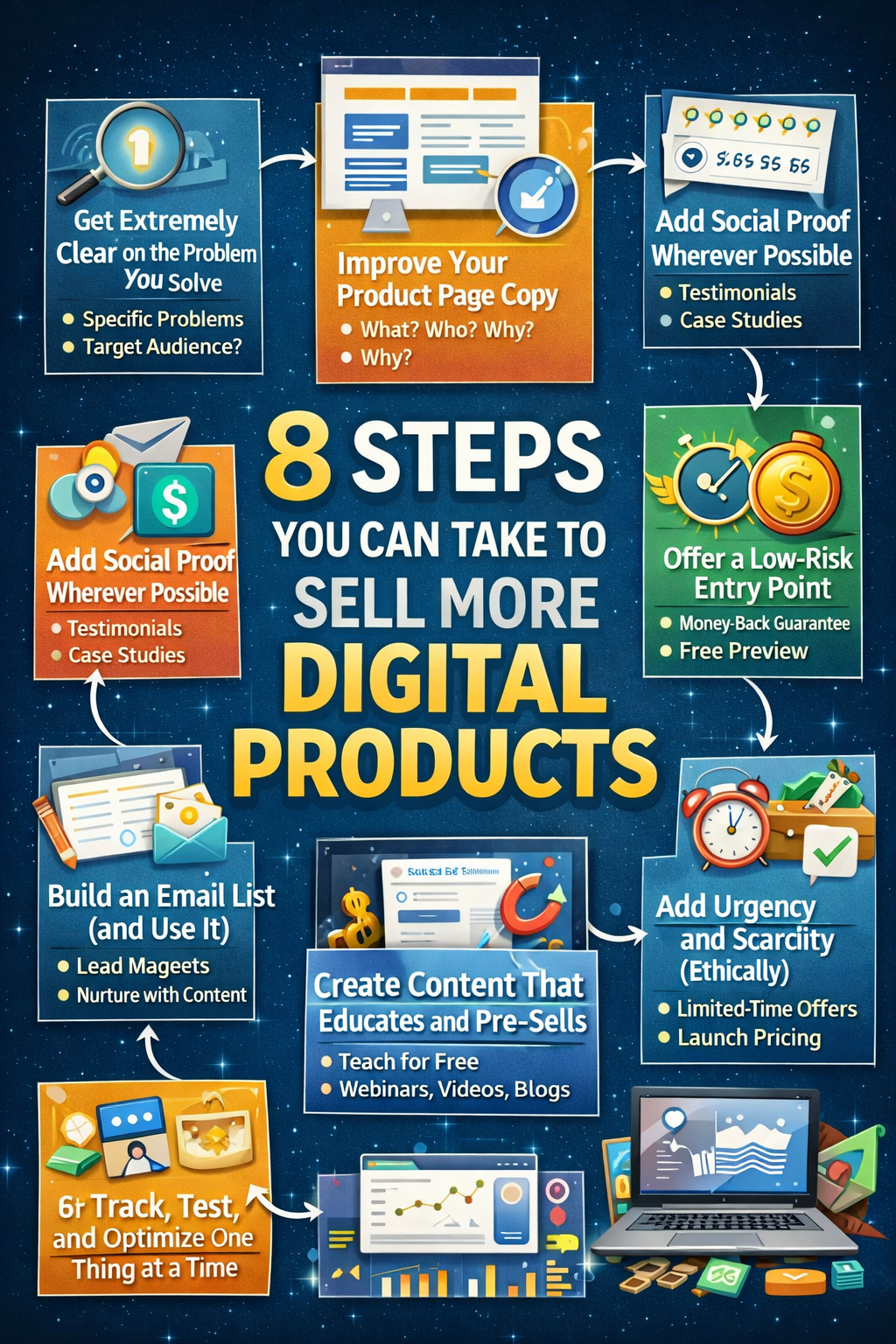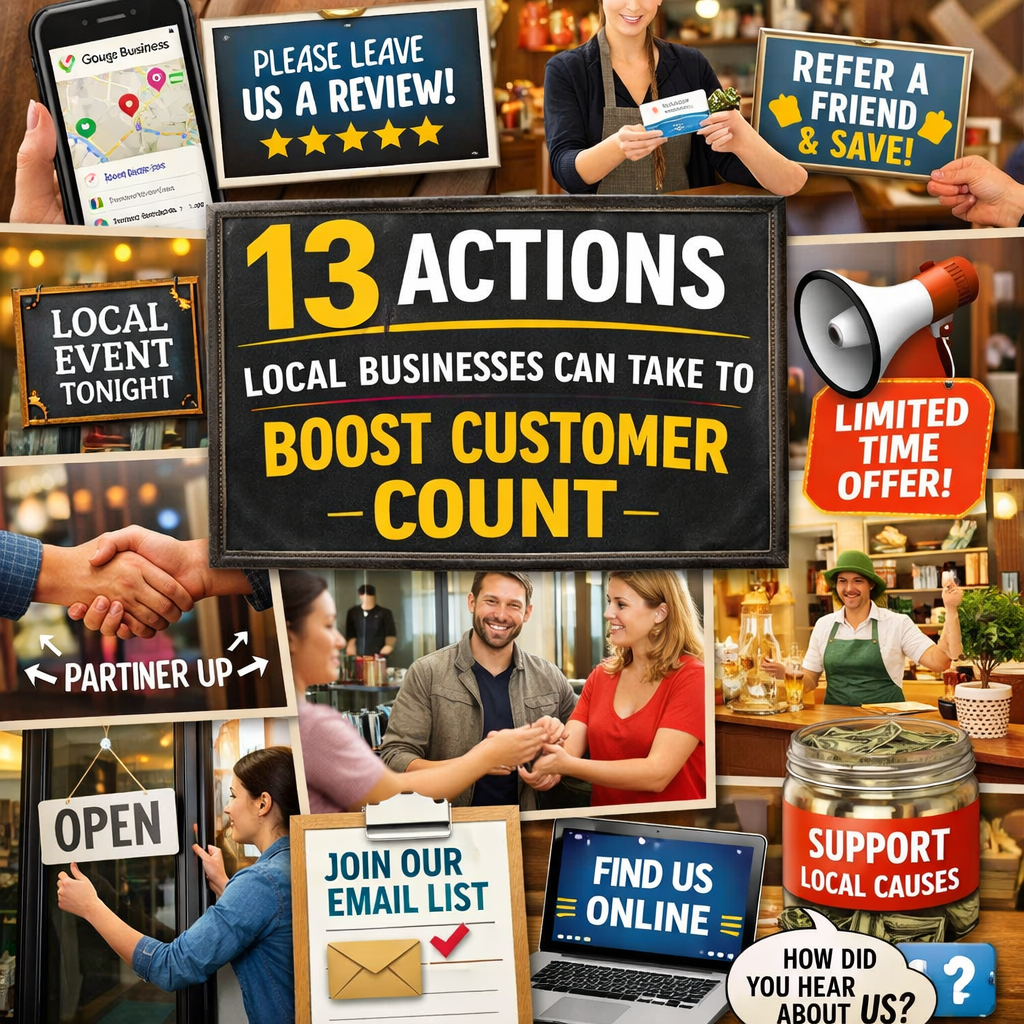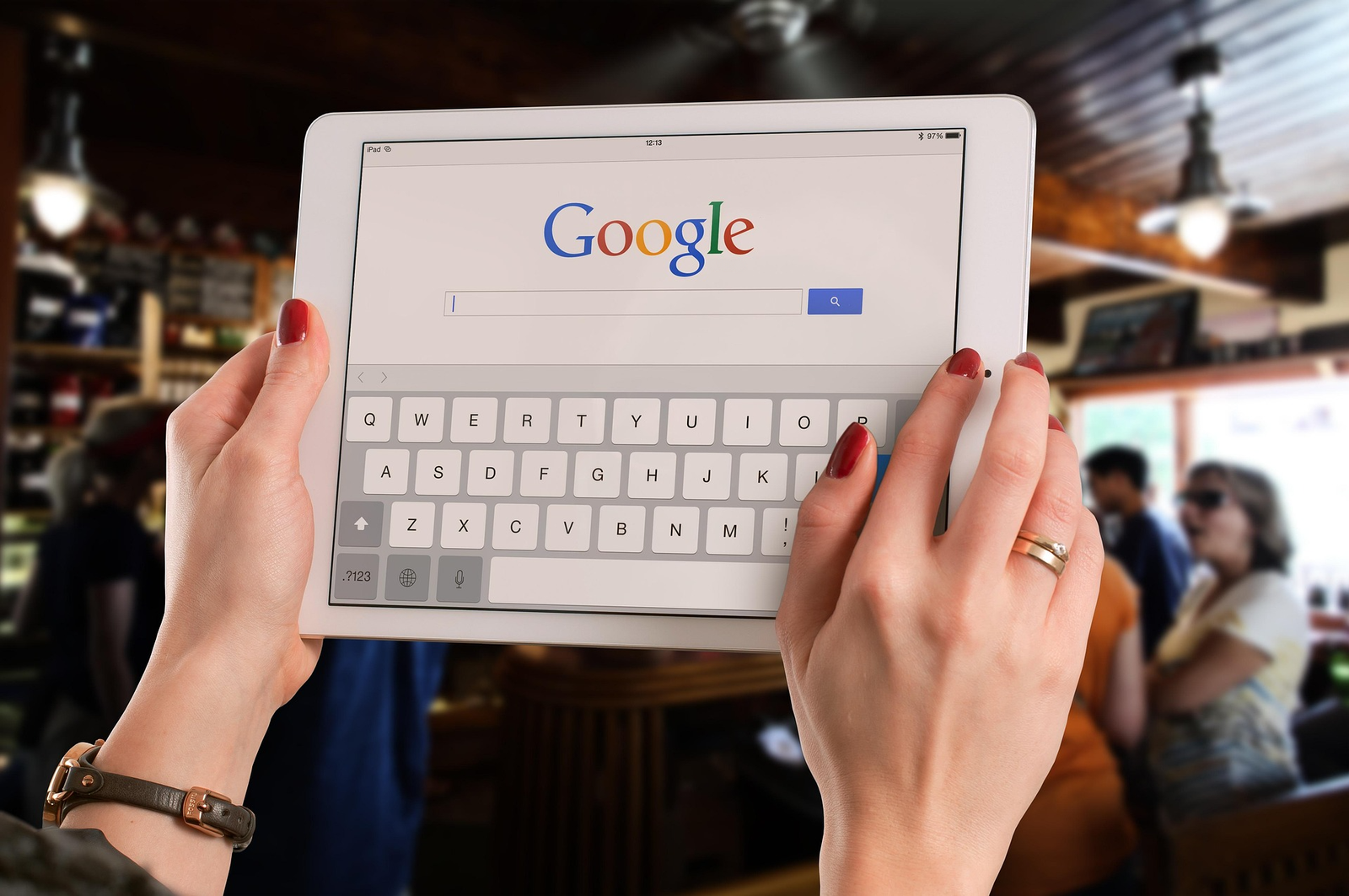
Digital Ads 101- Understanding CPM, CPC & How Different Ad Formats Are Priced
Digital advertising keeps evolving — but the core payment models behind online ads remain the foundation of every successful campaign.
If you’ve ever wondered “Should I run CPM or CPC?” or “How does pricing work for video, text, image, or audio ads?”, this guide breaks it down.
CPM (Cost Per Thousand Impressions)
Best for: Awareness, reach, branding, top-of-funnel
CPM means you pay per 1,000 views of your ad — not clicks.
This model is widely used on platforms like Facebook, Instagram, Google Display Network, YouTube, Spotify, and programmatic ad platforms.
- Ideal when you want visibility
- Great for storytelling formats (image, video, audio)
- CPM typically gets the most impressions for least cost
CPC (Cost Per Click)
Best for: Traffic, engagement, mid-funnel actions
CPC means you only pay when someone clicks your ad.
This is common on Google Search, Meta ads, LinkedIn, Pinterest, and X (Twitter).
- Perfect for campaigns where clicks matter
- More control over cost efficiency
- Great when directing users to landing pages
CPA (Cost Per Action / Acquisition)
Best for: Leads, sales, conversions
CPA pricing (also called Pay-Per-Conversion) charges you only when the desired action happens — like a signup, purchase, or app install.
Used in Google Performance Max, Meta’s conversion campaigns, TikTok, and affiliate networks.
- Most efficient for ROI
- Excellent for performance-driven brands
- Requires strong tracking & conversion data
CPV (Cost Per View)
Best for: Video-first campaigns
CPV applies mostly to video ads, like YouTube TrueView, TikTok, Instagram Reels, and programmatic video.
You pay when someone:
- Watches the video to a certain point (often 2–10 seconds)
- Or engages (tap, expand, unmute)
- Great for storytelling
- Lower cost than traditional video advertising
- Ideal for retargeting and awareness
Ad Formats & How They’re Typically Priced
Digital ads come in many shapes and sizes — and each works best with specific payment models.
1. Text-Based Ads (Google Search, Bing, Reddit)
Best model: CPC or CPA
- Users intentionally search keywords
- Great for high-intent traffic
- Pricing depends heavily on competition
Use when you want qualified clicks, not just eyeballs.
2. Image Ads (Facebook, Instagram, Display Banners)
Best model: CPM or CPC
- Strong visuals = high CTR
- Great for offers, promotions, and retargeting
- Low barrier to produce
Use image ads to drive awareness or traffic quickly.
3. Audio Ads (Spotify, Podcasts, Pandora, Amazon Music)
Best model: CPM
- Typically charged per 1,000 listens
- Unskippable on most platforms
- Perfect for storytelling, brand messaging, or promos
Use audio when you want reach + brand recall.
4. Video Ads (YouTube, TikTok, Meta Reels, Programmatic Video)
Best model: CPV, CPM, or CPA
Video is the most flexible ad format:
- Awareness: CPM
- Engagement: CPV
- Conversions: CPA
Video drives the strongest results when combined with retargeting.
Which Pricing Model Should You Choose?
Choose based on your goals:
| Goal | Best Model |
|---|---|
| Brand Awareness | CPM |
| Website Traffic | CPC |
| Sales / Leads | CPA |
| Video Completion | CPV |
Pro tip: Most brands mix all four, depending on funnel stage.
Final Takeaway
Understanding CPM, CPC, CPA, and CPV helps you create smarter campaigns — and choosing the right pricing model can dramatically increase return on ad spend.






